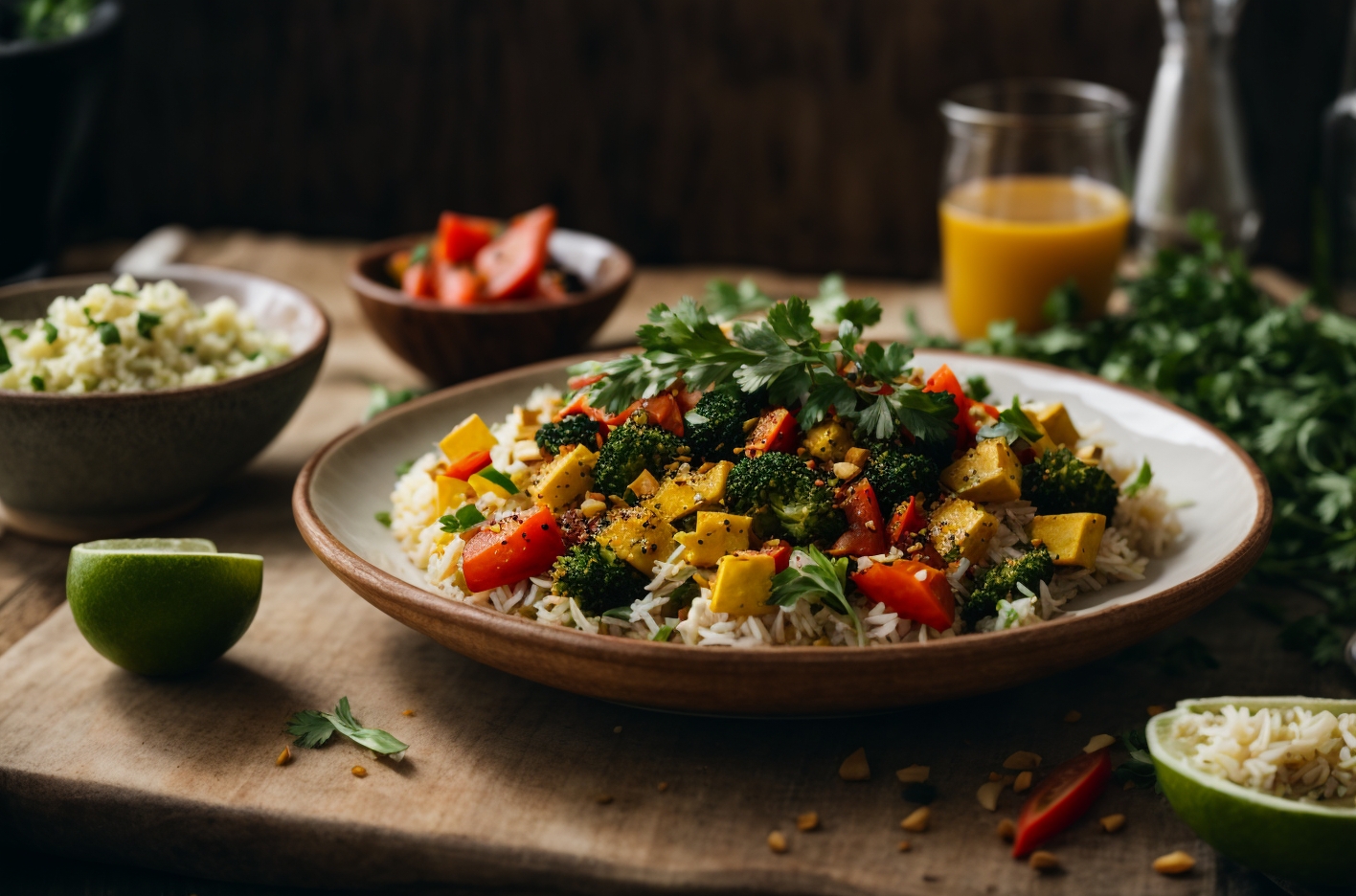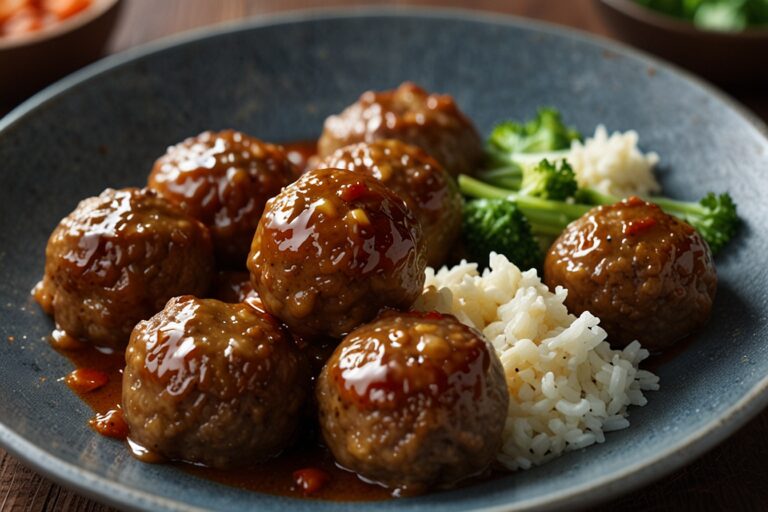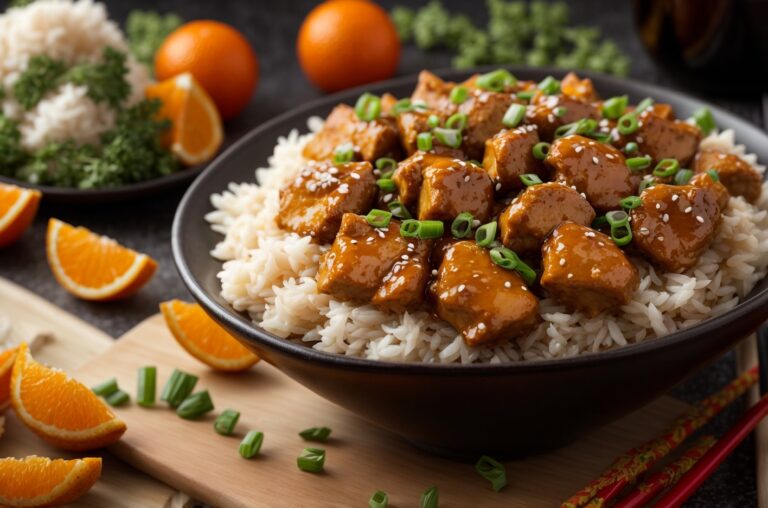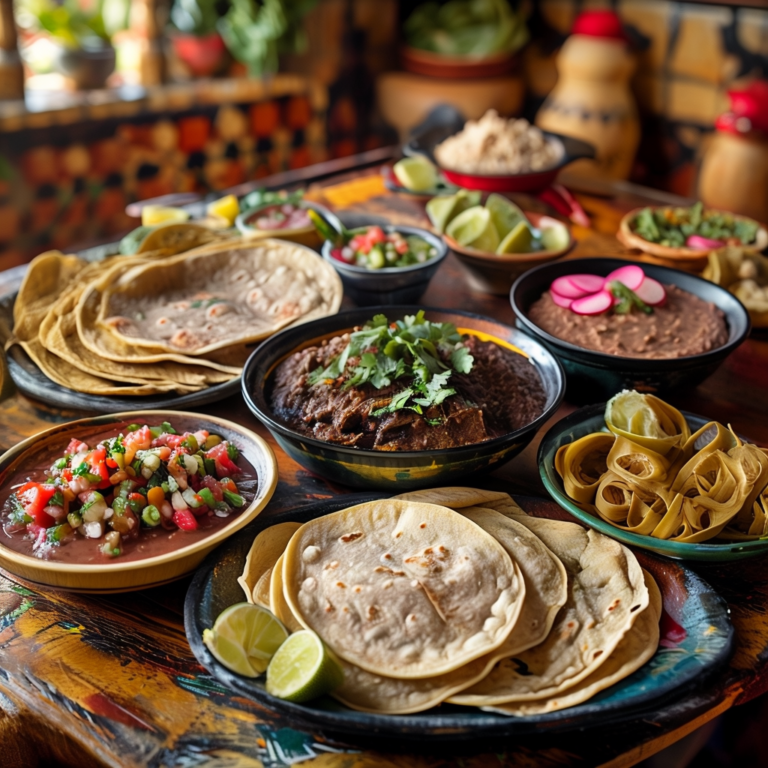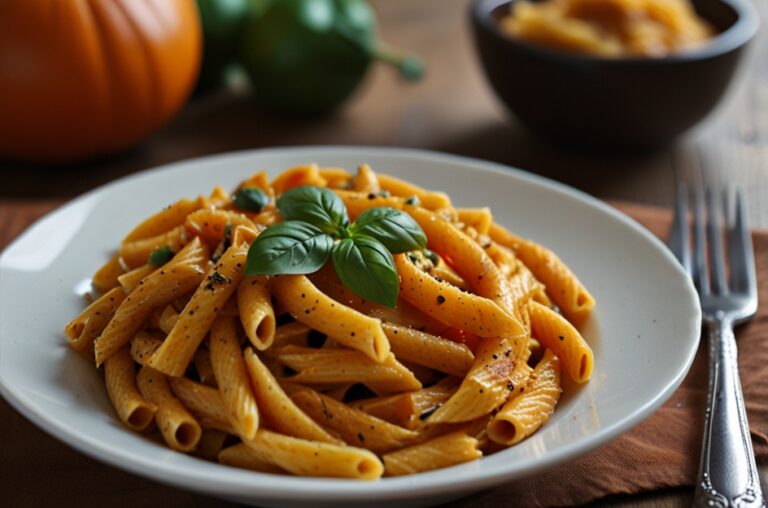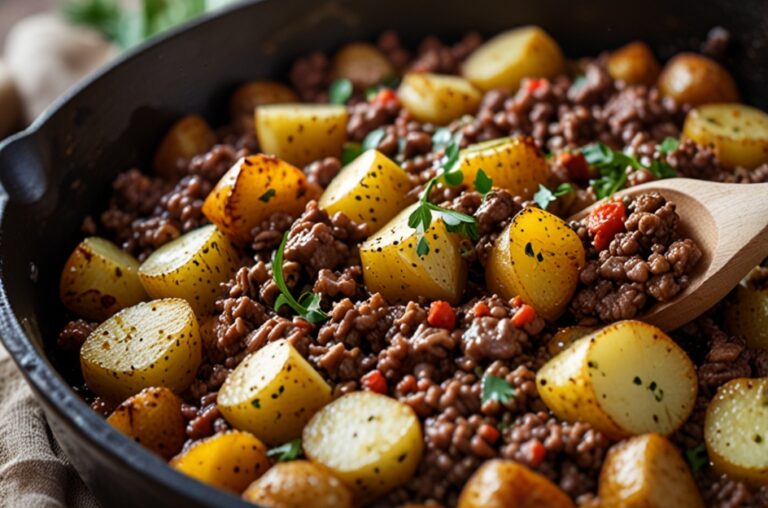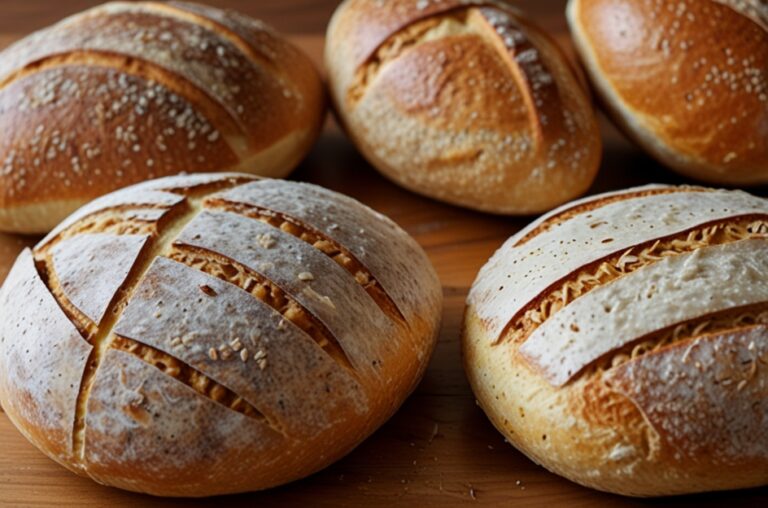vegetarian meal prep
In today’s fast-paced world, meal prep has become a lifesaver for many people juggling hectic schedules. It helps save time, money, and the stress of deciding what to eat each day. But meal prepping isn’t just for those who consume meat—vegetarians can also benefit immensely from planning their meals ahead. Whether you’re a long-time vegetarian or just exploring plant-based options, vegetarian meal prep can simplify your life while ensuring you enjoy wholesome, nutritious meals every day. But how do you make it easy and sustainable? And why is vegetarian meal prep such a good idea for everyone?
This guide will delve into the world of vegetarian meal prep, offering helpful tips, recipes, and strategies that will make preparing delicious, plant-based meals as simple as possible. By the end of this article, you’ll be inspired and ready to start prepping your own meals!
Table of Contents
| Sr# | Headings |
|---|---|
| 1 | What is Vegetarian Meal Prep? |
| 2 | Why Should You Meal Prep as a Vegetarian? |
| 3 | Key Ingredients for Vegetarian Meal Prep |
| 4 | Beginner’s Guide to Vegetarian Meal Prep |
| 5 | Advanced Vegetarian Meal Prep Tips |
| 6 | Meal Prep Recipes for Vegetarians |
| 7 | Common Mistakes to Avoid in Vegetarian Meal Prep |
| 8 | FAQs About Vegetarian Meal Prep |
What is Vegetarian Meal Prep?
Vegetarian meal prep is simply the process of preparing your meals ahead of time, focusing on plant-based ingredients. It could mean cooking entire meals for the week or just prepping key ingredients like grains, vegetables, and legumes that can be mixed and matched to create different dishes. Some people prep once a week, while others may opt to do it twice a week.
Meal prep isn’t just about saving time; it’s also about ensuring that you always have nutritious food on hand. When you prep your meals ahead of time, you’re less likely to opt for unhealthy fast food or quick snacks because you have tasty, ready-to-eat options at your fingertips.
Think of it like setting up a game plan for your week’s meals. Instead of figuring out what to cook each day (which can feel overwhelming after a long day), you’ve already done the thinking, planning, and prepping ahead of time. It’s like having your very own chef—you, but with a lot more free time during the week!
Why Should You Meal Prep as a Vegetarian?
Meal prepping has benefits for everyone, but it offers unique perks for vegetarians. For starters, it makes eating healthy easier. If you’re new to vegetarianism or are working on incorporating more vegetables and plant-based proteins into your diet, meal prepping can help you stay on track. Here are some compelling reasons why vegetarians should embrace meal prepping:
1. Saves Time and Energy:
Imagine coming home from work with no energy to cook. When your meals are prepped, all you need to do is heat them up and enjoy. This time-saving strategy can make your evenings much more relaxing.
2. Ensures Balanced Nutrition:
When you’re rushing through your week, it’s easy to forget about getting enough protein, fiber, or other nutrients. Vegetarian meal prep allows you to balance your meals ahead of time so that you get a variety of vitamins, minerals, and macronutrients throughout the week.
3. Reduces Food Waste:
Prepping your meals ahead helps you use up all the fresh produce before it goes bad. You’re planning, buying, and using only what you need, which reduces food waste significantly.
4. Saves Money:
Let’s face it—eating out, especially at vegetarian-friendly places, can get expensive. With meal prepping, you buy in bulk and use everything you purchase, cutting down on unnecessary spending.
5. Encourages Healthier Choices:
When your meals are prepped, you’re far less likely to grab a bag of chips or order a pizza. Instead, you’ll reach for the healthy, homemade options you’ve already prepared.
Isn’t it nice to know that a little effort upfront can have such rewarding long-term benefits? Meal prep is like giving yourself a head start on each day.
Key Ingredients for Vegetarian Meal Prep
Before diving into meal prep, it’s important to stock your kitchen with essential ingredients that are versatile and nutritious. These key ingredients will allow you to create a variety of delicious and healthy meals:
1. Grains:
Grains form the foundation of many vegetarian meals. Brown rice, quinoa, barley, and couscous are great options because they’re filling, easy to prep in bulk, and provide the necessary energy. You can cook a large batch at the beginning of the week and pair them with different vegetables and proteins.
2. Legumes:
Beans, lentils, and chickpeas are essential for vegetarians, offering protein, fiber, and plenty of micronutrients. These can be cooked in advance and used in salads, soups, and curries.
3. Vegetables:
Fresh vegetables are the cornerstone of vegetarian meals. Leafy greens, broccoli, peppers, zucchini, and carrots are great options. You can roast, steam, or sauté them ahead of time and keep them in your fridge to add to meals throughout the week.
4. Plant-Based Proteins:
Tofu, tempeh, and seitan are common vegetarian protein sources. These can be marinated and cooked in bulk, making them easy to incorporate into different meals.
5. Nuts and Seeds:
Almonds, sunflower seeds, chia seeds, and flaxseeds provide healthy fats and can be sprinkled on salads, mixed into grain bowls, or used to make delicious snacks.
6. Healthy Fats:
Avocados, olive oil, and coconut oil are important for flavor and help keep you full. Drizzle them on your meals or use them for cooking.
7. Herbs and Spices:
Don’t forget the flavor! Spices like turmeric, cumin, paprika, and herbs like basil and cilantro can transform your meals from bland to mouth-watering.
Having these ingredients on hand will make your meal prep so much easier, and you can mix and match them to create endless varieties of vegetarian dishes.
Beginner’s Guide to Vegetarian Meal Prep
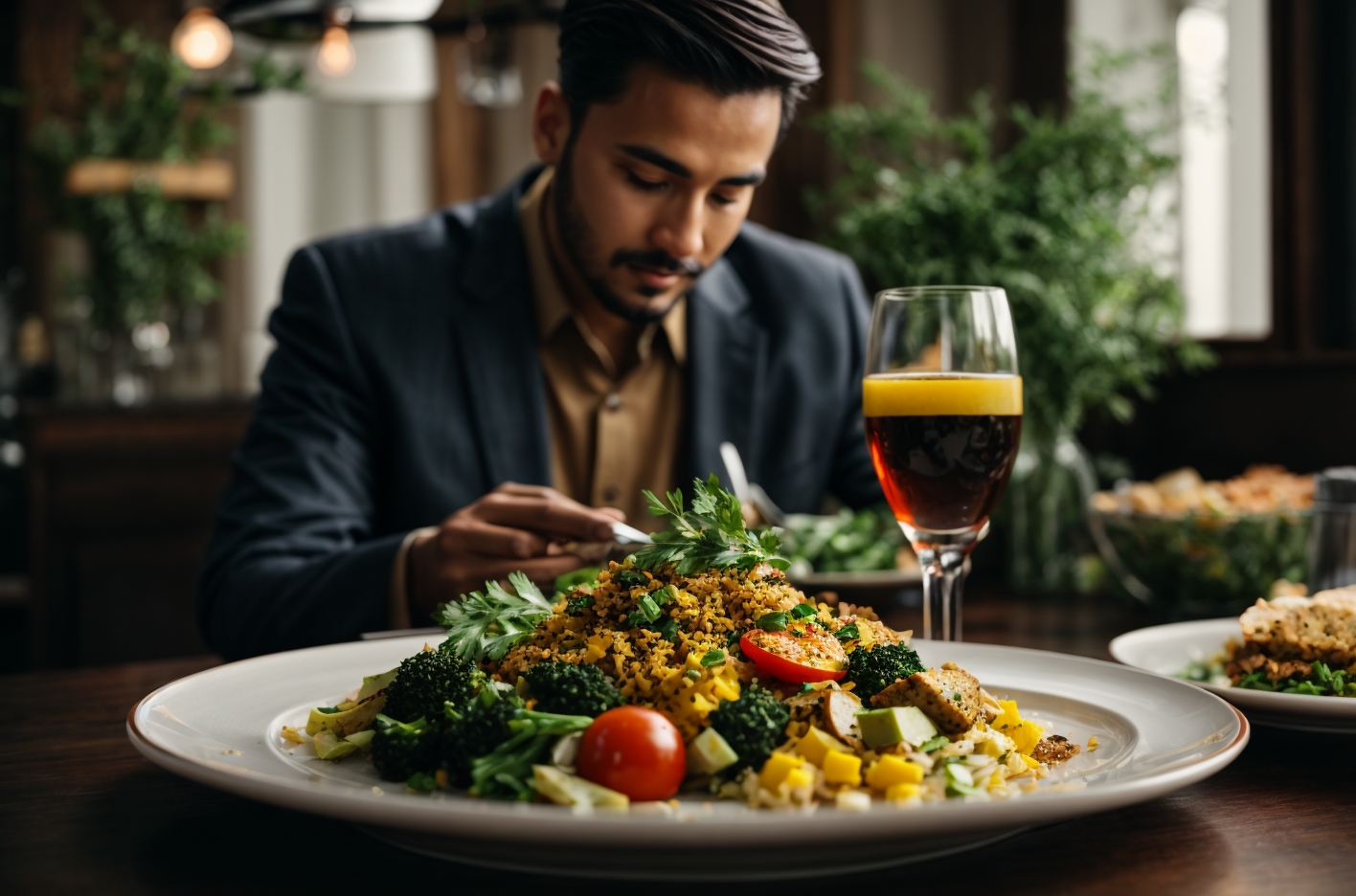
Starting vegetarian meal prep can feel daunting, but it doesn’t have to be. By following a few simple steps, you can streamline the process and make it part of your weekly routine.
1. Plan Your Meals:
Before you even start cooking, sit down and plan out what you’ll be eating for the week. It might seem tedious at first, but a well-thought-out plan will save you hours of decision-making later on. Decide on 3-5 meals that can easily be reheated or eaten cold.
2. Choose Recipes Wisely:
Opt for recipes that use similar ingredients so that you can prep in bulk. For instance, if you’re making a quinoa salad and a quinoa-stuffed pepper, you can cook all the quinoa at once. The fewer ingredients you have to prep, the easier your week will be.
3. Batch Cooking:
Batch cooking is a lifesaver for meal prep. Cook large portions of grains, proteins, and vegetables all at once, and then divide them into containers. You can then mix and match different components to create a variety of meals throughout the week.
4. Invest in Good Containers:
Meal prepping requires good storage. Invest in glass or BPA-free plastic containers that are microwave-safe and leak-proof. These will keep your food fresh and make it easier to grab meals on the go.
5. Schedule a Prep Day:
Choose a day, usually Sunday or any day that works for your schedule, as your dedicated meal prep day. Spend a couple of hours cooking and portioning out meals for the week ahead. It might take time initially, but it’s a huge time-saver during the workweek.
Meal prepping is like laying out your clothes the night before—when you wake up, you’re already one step ahead!
Advanced Vegetarian Meal Prep Tips
Once you’ve mastered the basics, there are more advanced strategies you can use to take your vegetarian meal prep to the next level:
1. Focus on Versatility:
Make foods that can be used in multiple dishes. For example, roasted vegetables can be added to salads, grain bowls, or sandwiches. Tofu can be crumbled for a tofu scramble or cubed for stir-fry. This reduces the need to cook new things every day.
2. Prep Sauces and Dressings:
A good sauce can elevate any meal. Preparing a few different sauces like tahini dressing, peanut sauce, or a simple vinaigrette can help add flavor to your meals without requiring extra effort throughout the week.
3. Freeze Meals for Later:
Sometimes, you might prepare more food than you can eat in a week. Freezing meals like soups, stews, or pasta dishes ensures that you always have a backup plan for busy days when you don’t have time to cook.
4. Label Everything:
Especially if you’re freezing meals, it’s important to label containers with the meal name and date. This helps you keep track of what’s still fresh and avoids wasting food.
5. Vary Your Textures:
When prepping meals, be mindful of texture. Incorporating crunchy vegetables, creamy dressings, and chewy grains keeps meals interesting and satisfying. A bowl of mushy food will get old quickly!
Think of these advanced strategies as fine-tuning your meal prep system to suit your lifestyle, making it more efficient and enjoyable.
Meal Prep Recipes for Vegetarians
Here are some easy vegetarian meal prep recipes to get you started:
1. Quinoa Salad with Chickpeas and Veggies:
A protein-packed salad with quinoa, chickpeas, cucumbers, cherry tomatoes, and a lemon-tahini dressing. Make a large batch and portion it into containers for the week.
2. Lentil Soup:
Lentils are a great source of protein and fiber. Cook a big pot of lentil soup with carrots, onions, and celery, and freeze half for future meals.
3. Tofu Stir-Fry:
Stir-fried tofu with bell peppers, broccoli, and soy sauce is easy to prep in bulk. Serve it with brown rice or noodles for a complete meal.
4. Veggie Burrito Bowls:
Layer rice, beans, salsa, guacamole, and roasted veggies for a customizable burrito bowl. Prepare all the ingredients in advance and mix and match them for different meals throughout the week.
5. Overnight Oats:
Mix oats, almond milk, chia seeds, and your favorite toppings (like berries or nuts) in a jar. Let it sit overnight in the fridge for an easy grab-and-go breakfast.
Common Mistakes to Avoid in Vegetarian Meal Prep
While vegetarian meal prep can make your life easier, there are a few common mistakes that can derail your efforts:
1. Overcomplicating Recipes:
Don’t try to prep gourmet meals every day. Keep your recipes simple and focus on variety through different sauces, spices, or toppings.
2. Not Prepping Enough Protein:
Vegetarian diets can sometimes lack adequate protein. Be sure to include protein-rich ingredients like tofu, tempeh, legumes, or quinoa in your meal prep to stay energized throughout the week.
3. Ignoring Food Storage:
Improper storage can lead to spoiled food, especially when dealing with fresh produce. Be sure to use airtight containers and refrigerate or freeze meals to keep them fresh.
4. Making the Same Meal for Every Day:
Eating the same thing every day can get boring quickly. While it’s okay to have a couple of repeat meals, try to prep a few different dishes for variety.
5. Not Adjusting Portions:
If you’re prepping for multiple people, be mindful of portions. Make sure you’re making enough food for everyone or adjust recipes accordingly.
FAQs About Vegetarian Meal Prep
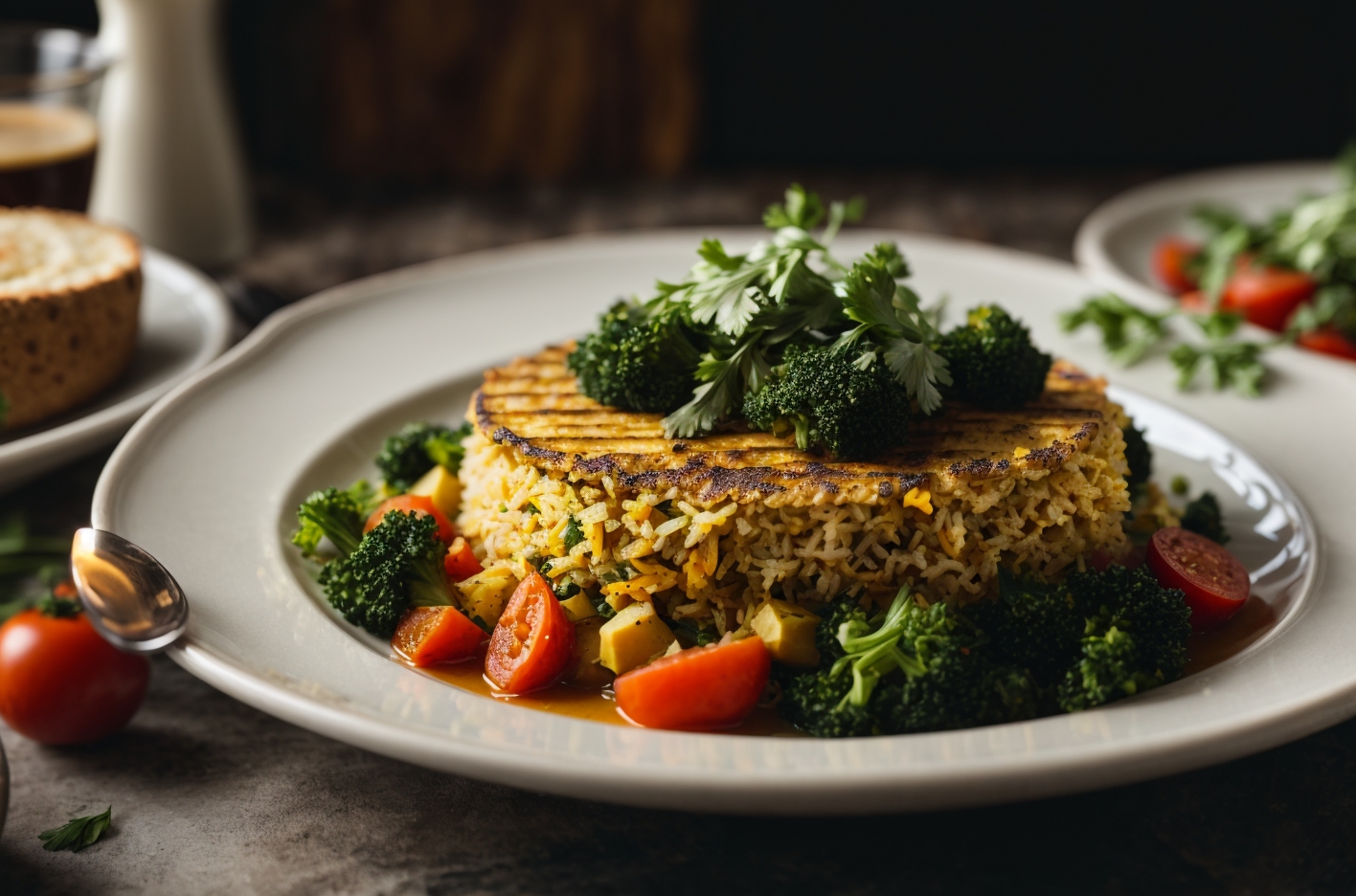
1. How long do prepped vegetarian meals last?
Most vegetarian meals can last 3-5 days in the fridge, but it’s always best to use your senses (smell and appearance) to determine freshness. Freezing meals can extend their shelf life to several weeks or even months.
2. Can you freeze prepped vegetarian meals?
Yes! Many meals like soups, stews, and grain dishes freeze well. Just be sure to use airtight containers and label them with the date and contents.
3. How do you avoid soggy vegetables in meal prep?
To prevent vegetables from getting soggy, store them separately from any sauces or dressings and keep them in airtight containers. Consider undercooking them slightly during the prep stage to retain texture when reheated.
4. How much time does vegetarian meal prep take?
It varies depending on the complexity of the meals, but most meal preppers spend about 2-3 hours once or twice a week cooking and portioning meals.
5. What are the best containers for meal prep?
Glass containers are ideal because they are sturdy, reusable, and microwave-safe. BPA-free plastic containers are also a good option for those looking for a lighter alternative.
Conclusion
Vegetarian meal prep is a powerful tool for simplifying your diet, ensuring balanced nutrition, and saving both time and money. By following a few basic strategies, like planning ahead, batch cooking, and incorporating versatile ingredients, you can set yourself up for success. Whether you’re new to meal prep or a seasoned pro, this guide has provided you with the tips and recipes you need to master vegetarian meal prep.
So, what are you waiting for? Start prepping today and enjoy delicious, stress-free meals all week long!

